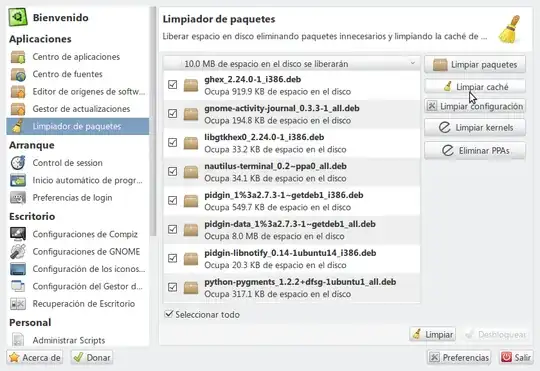The purpose of the commands you mention is solely to save disk space. Furthermore, on most machines nowadays the savings would only amount to a tiny fraction of your disk space. So they're not very useful.
Most common maintenance tasks are performed automatically by the system. If you're curious about them, the scripts that perform them are in /etc/cron.*. The name or contents of the script might give you a hint of what they do. Don't change anything you don't understand — these commands are there for a reason.
One maintenance task which is not done automatically is installing security and stability updates (major bug fixes). By default, you will get a notification that updates are available. You should follow on the notification at the first opportunity. This is not done automatically in case the updates arrive at an inconvenient time, like when you're on a pay-per-byte Internet access or you have to switch off your computer right now; also because there is a (very small) risk that the updates break something and it's better not to do it unattended.
Updates are the only maintenance task that I trigger manually. If I had to do anything else, I'd consider it a bug. If it has to be done, it should be automated.
